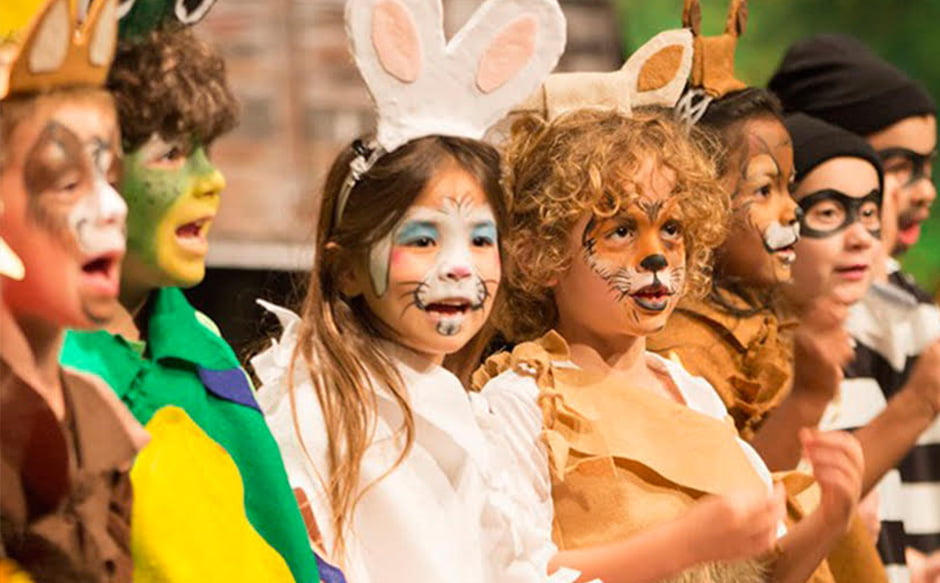Drama In Education, An Effective Tool

Communication has the power to build or destroy relationships. In today’s competitive world, communication skills are the most sought after quality of an educated person. Reading, writing and listening carefully were considered as the three most important communication skills for students. But the demand of 21st Century is something different. Effective communication is the need of the hour. It enables one to convey thoughts, feelings and ideas successfully.
Are we preparing our kids for the 21st century? Are we giving our kids the space to think beyond the horizon? Are we giving them scope to collaborate and to try things for their future? How are we encouraging creativity in our child? The basic requirement of 21st Century is the 4 Cs. Communication, Creativity, Critical Thinking and Collaboration.

This is an exciting and challenging time for educators to address these issues. The nature of teaching is changing. In an effort to transform themselves into exemplary educators, they need to recognize new opportunities and make changes required to respond to the needs of 21st century.
Tell me and I forget, teach me and I may remember but involve me and I learn. (Benjamin Franklin). This proves that Drama is much needed in the school curriculum. Dramatic exploration can provide students with an outlet for emotions, thoughts, and dreams that they might not otherwise have means to express. Dramatic Arts education is an important means of stimulating creativity in problem solving.

It gives an opportunity for students to share messages without having to worry about its implications. It helps people learn how to participate in open discussions without fear of tempers flaring. Drama can provide a situation where ordinary people can feel at ease in sharing their true feelings, laying a basis for understanding their motivation and concerns. It encourages children to use their imagination and creativity. In drama opportunities arise for role-play, expression of own identity and how each individual views the self, teamwork and story generation.
In Drama there are opportunities for descriptive language, storytelling, giving directions, verbal negotiation, expression of feelings and emotions, use of abstract concepts etc. All these contribute towards the development of communication competence amongst students.

Drama can be a very valuable tool to encourage participatory learning where effective communicative competence can be acquired. It is fun and experiential in both ways. So a child learns while doing things his way. Let’s allow the child to make mistakes….and learn from the mistakes……
(The writer is the Creative Educator of Helen O’Grady International, Bhubaneswar)

Comments are closed.